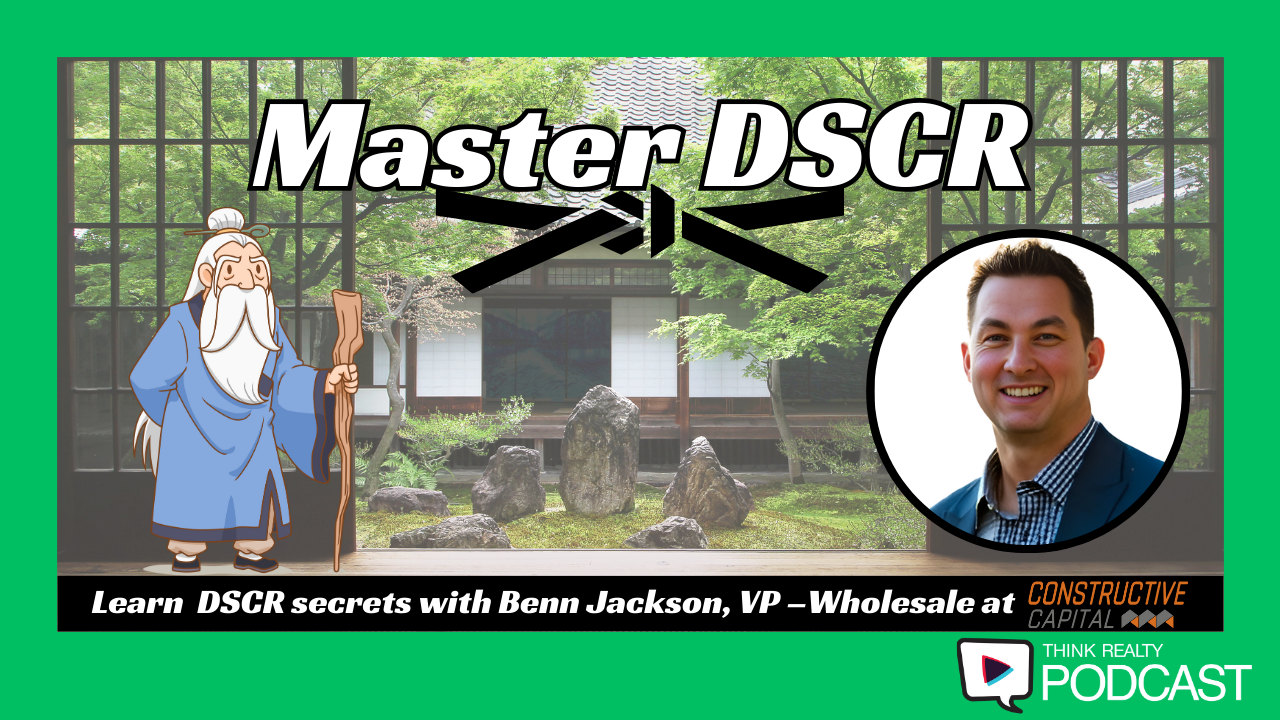A good mentor can save you years of hard knocks as you build your private lending business. Here’s how to find and work with one.
Behind every successful executive is a line of people who helped bring out their best. Coaches who worked tirelessly to improve specific skills, like public speaking or management. Advisers who helped open doors and launch partnerships.
Brilliant mentors are often the driving force behind the world’s most successful business leaders. Everyone needs someone to believe in them more than they believe in themselves. Someone to raise the bar a few notches. Someone to hold them accountable. And someone to make sure they transform every challenge and failure into growth and success.
Maybe you are looking at your own career and yearn to be better, even though you’ve experienced success. Perhaps you’ve plateaued. Maybe you are having trouble reaching that next rung or you are unclear about what should (and could!) be your next area of growth.
Some large organizations have formal mentorship programs with structures and applicants and a clear path to career progression. However, if you are in the private lending space, you likely work in a small company or you are an entrepreneur who founded your company. Although you may have built your current success on your own, perhaps the skills that got you here will not get you where you want to go next. So you need help. You need guidance. You need a mentor.
Finding a Mentor
The best mentors are probably the last people to ever call themselves by that title. Rather than simply having a skill or title you want, these people serve as role models—and someone you would generally be proud to be one day. Given all this, a great mentor is incredibly difficult to find. In fact, many of the best mentor relationships happen organically and cannot be forced.
You probably already have what are sometimes called “virtual mentors.” These are people whose books and articles you religiously consume and whose lives you have studied in an effort to better understand them. Now may be the time to start, or perhaps significantly deepen, a relationship with a mentor who is focused on your specific aspirations and challenges.
Perhaps the most valuable and least appreciated aspect of mentorship is the chance to dig in with someone you admire on what could be the best goals for you. We are often focused on winning the game right in front of us; but slowing down and working with a mentor who might have a wider lens than your experience affords can be transformative not only in achieving your goals but also in setting the right ones!
Ask yourself these two questions before kicking off your search:
- Are you ready for mentorship? To get the most out of mentorship, you must be ready to bring your biggest problems, deepest fears and boldest goals to the table. A good mentorship session might feel like a training session at the gym, one that leaves you exhausted but proud knowing you walked out stronger than you entered.
- What do you want out of this relationship? A mentor who is three to seven years ahead of you can give tactical advice and get into the weeds with you. A grizzled veteran can help you build and go after long-term career goals, often helping you see around corners. Decide which you are seeking first, keeping in mind that in the long run, it is helpful to have both.
The people worthy of being a mentor are rare and valuable, so you’ll likely have to earn a great mentor rather than find one. These relationships are not transactional, so you will need to spend time with people you respect and admire. Get to know your potential mentor by sharing your values and goals. Ultimately, it will be on you as the mentee to ask if the person is willing to be your mentor; share what your vision of that relationship might be.
Successful Mentorship Relationships
Once you have found a mentor, you can get the most out of your relationship by:
- Slowing Down. You’ll want to dive right into questions and challenges in your life, but temporarily put that aside. Instead, in the first meeting, focus on building a relationship that will lay the foundation for a stronger experience.
- Taking Ownership. Although your mentor is more experienced, it is your responsibility to make the experience successful, garner the guidance you need, and put it to work.
- Each mentorship relationship is unique. Starting with clear agreements is critical to being successful—from how often you meet to your expectations of each other to what you each commit to do.
- Committing the Time. Clear your mind and focus before each session. Take time to reflect, at the end of each meeting, on what you just covered. If you cannot make the time, why should your mentor?
- Seeing the Mirror. Your mentor is not a silver bullet for all your questions and problems. The best mentors are guides who hold up a mirror and, through questions, help you better see where you are today and what you truly want, often helping you discover your true goals and motivations.
Likewise, it’s important to understand how most good mentors will approach the relationship. Successful mentors will:
- Dole Out Fishing Rods, Not Fish. Their role is to help make you better. They’ll focus on teaching principles and frameworks rather than giving answers and advice. Instead of solving your problems, they’ll walk you through specific situations they found challenging and help you work through each one with thoughtful questions.
- Be Present. Nothing builds trust more quickly than having someone give you their undivided attention. Both mentors and mentees want to feel 100% heard, that their counterpart is present, and that their time is being wisely spent and valued.
- Be Flexible. There are numerous definitions of what mentorship can look like, both in process and outcome. Your mentor will likely try to meet you where you are in your career and experience and work from there.
- Focus. A mentor may feel like they’re making progress by turning 20 different knobs one-inch each. What you really need, however, is targeted and massive progress aimed at your highest priorities.
- Be Honest and Transparent. A good mentor will bring their authentic self. You are coming to your mentor seeking help solving your biggest insecurities.
You may be entering one of the most fulfilling phases of your career. In an entrepreneurial industry like private lending, which has exploded in size and success during the last decade, we need mentors more than ever. It’s time to grow.











Leave A Comment